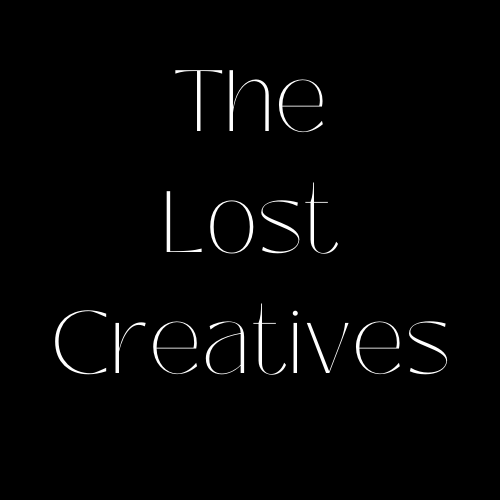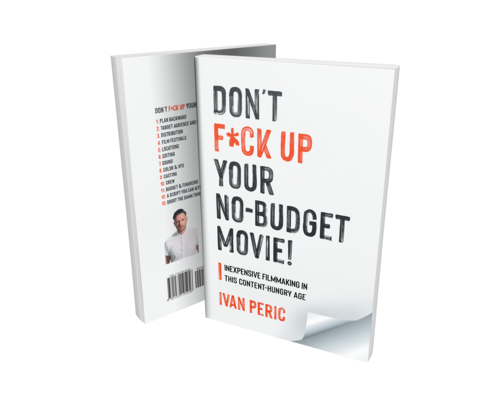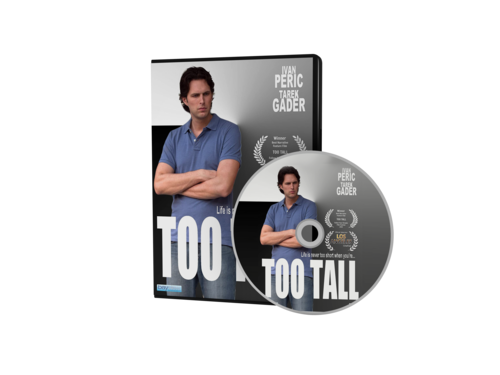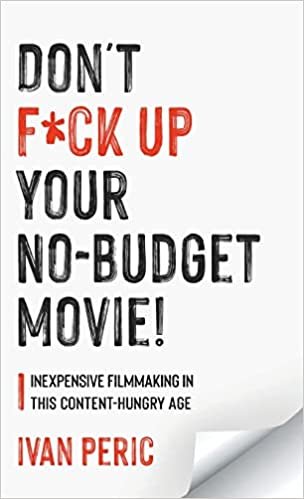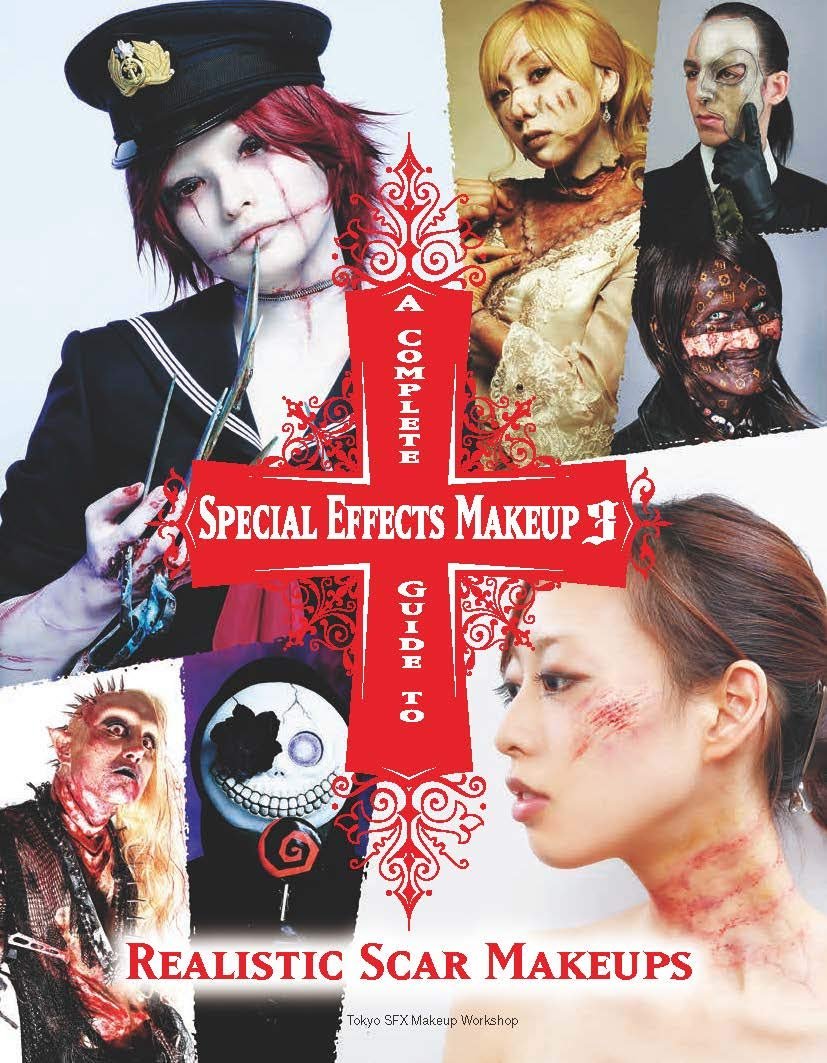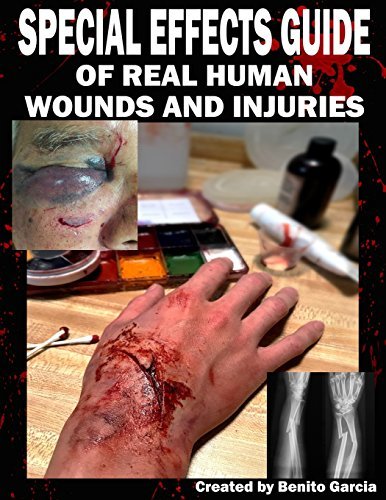You are returning from a break after the release of your successful and lauded book “Don’t F*ck Up Your No-Budget Movie!” What have you been doing in that time that you can share with us?
Thanks for this question as it touches upon something that we don't often hear about, and that's taking ''breaks". Taking the time to not do anything and just relax. You scroll down your social media feed and all you see are people pushing the ''hustle'' and "grind'' lifestyle, it's rare you see someone talking about taking it easy and pacing yourself.
“The reality is that everyone needs to take breaks every once in a while in order not to burn out. This is especially true for us artists and digital creators.”
Most of us have full-time jobs and families, so all the extra work we put into our projects ends up taking a toll on our bodies. Just like any car, it doesn't matter if you use it for work or leisure, the mileage always accumulates. So that's what I did, I just took a break from it all, acting, writing, producing...My agent was sending me auditions and I just couldn't get myself to do them. I was physically and mentally drained.
I had written DFYNBM during the pandemic, the editing process was a lot of work and a lot of back and forth with the editors, then the publisher released it pretty quickly so I had to be on my toes and start promoting it right away.
With the uncertainties of the pandemic, everyday life at work, and writing this book, I never got to take a step back and refocus. After a few months ''off'', I now feel great and motivated to continue working on my plans for this book and other projects!
You have spoken quite openly about how your workflow has changed thanks to your experiences in filmmaking, taking you from actor to director/producer to give you control over your projects, how has this affected your style as an actor overall, and is it a method you would recommend?
Yes, I would definitely recommend any actor to pick up a camera and produce something themselves! It's the best experience and you get to see through the eyes of a producer and director. For me, understanding the process gave me much more confidence as an actor.
Once you get to understand how things work, you put much less pressure on yourself. Most young actors are very self-conscious, always wondering what everyone on set thinks of their performance. I was like that, always looking for that validation. By becoming a director yourself, you get to understand that performing is not that complicated and it often doesn't take that much of a ''performance'' as some actors might think.
It definitely grounded my acting style. Every subtle moment is blown up by 1000% on the screen, so it made me understand that less is more because the camera catches everything. You also get to understand the point of view of the director much more.
I remember being a young actor and being devastated by any notes a director would give me after a take. I would take it personally and couldn't understand why the director didn't like my performance. But the truth was that the director never disliked my performance, he just wanted to see something different and push me as an artist. Producing also makes you appreciate every single person on set. You see and understand that everyone has an important role in a production. You just respect everyone more, and out of that respect comes better performances because you want to contribute as best as you can to the project.
What is next for you in the creative arena? Do you have any new projects planned? Will
you be taking your method on the road and teaching the Ivan Peric method of filmmaking?
Every time I come back from a break I want to do it all! I feel inspired to act, write and produce! But I know I will have to focus on one thing at a time. I wasn't 100% satisfied with my book launch as it was rushed by the publisher and I didn't have much time to market it before I had to take a break. So the first thing on my list is to continue to push my book and get it out there to as many people as possible. Yes, one of the ways I will be doing this is by starting workshops for aspiring filmmakers. I would love to have seminars all around the world and inspire others to start making their own movies.
My main goal with DFYNBM was to inspire people who might not have a big budget, or any budget at all, to produce their own feature films. I believe these seminars can complement the book very well by being not only inspiring but also informative and entertaining.
I have so many stories and anecdotes I would love to share that didn't end up in the book! I will start locally here in Montreal, then hopefully expand to the rest of Canada and the US. The next goal after that would be to go overseas! I will also slowly get back into acting. I already have a few auditions lined up that seem like fun. There are also some unfinished scripts I'd like to work on and hopefully produce.
What advice would you offer anyone entering the film or TV arena as an actor, producer, or director?
Make sure you are getting into it because you absolutely love it. Don't do it for some kind of fame or fortune because there is a 99.9% chance you won't get it. Do it from your heart and not your ego. Take classes/workshops, and learn as much about your craft as you can. Watch a lot of movies and shows!
There is a lot of great content out there and so many outlets where you can expose your work. There is no excuse these days, the technology is affordable and platforms are always looking for fresh ideas. Finally, just do it! Pick up your digital camera or iPhone and just go out there and shoot. If you're an actor, record yourself doing scenes or shoot skits to keep yourself sharp, and never give up!
To learn more about Ivan Peric and his work or to purchase his excellent book see:
Ivan Peric Website.
Ivan Peric Instagram.
Ivan Peric Facebook.
Ivan Peric Twitter.
Ivan Peric Youtube.
Don’t F*ck Up Your No Budget Movie! Amazon UK.
Don’t F*ck Up Your No Budget Movie! Amazon USA.
